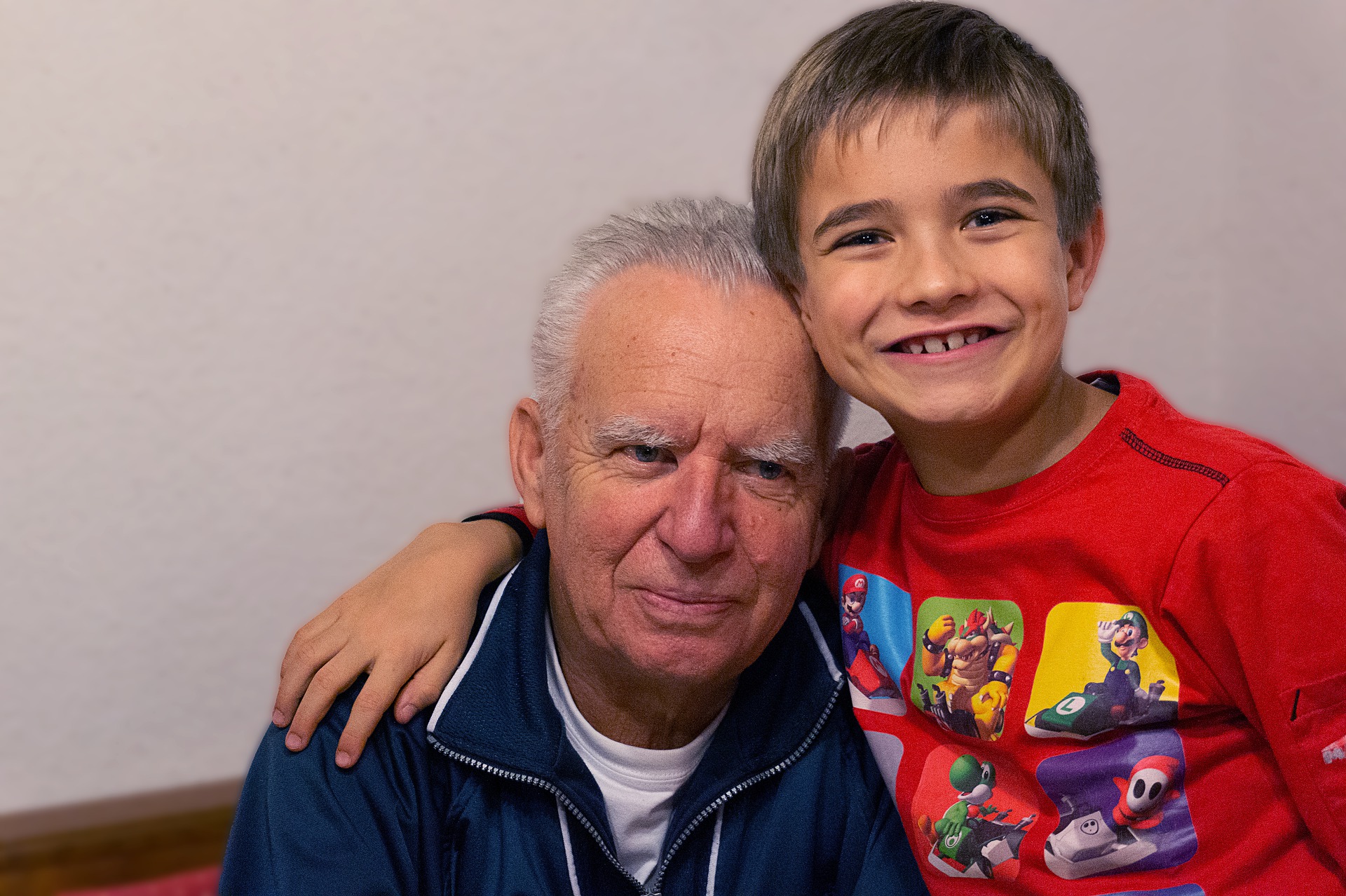More than 6 million families in this country have a loved one living with Alzheimer’s disease. Any diagnosis for a senior citizen can be upsetting, but an Alzheimer’s diagnosis can be especially distressing. Most of the information on the subject concentrates on what changes families can expect to see in association with the memory decline. In today’s article, we will concentrate on how Alzheimer’s and dementia symptoms affect the families of those diagnosed. There is no denying that a challenging road lies ahead, but being educated and prepared can help to ease the anxiety.
- Changes in your relationship: Whether you are providing care at home for your loved one – or if they are living in a local assisted living facility – the relationship you’ve enjoyed up until this point is about to change in many ways. As time goes on, they will begin forgetting names, memories, faces – and the best thing for loved ones to do is to meet them where they are at. They will already be confused, but gentle assurances of your love for them can help to calm the situation. Still, the families will have to accept that at some point, their view of the relationship will likely devolve from “family” or “loved one” to caregiver.
- Overwhelming emotional swings: As you process and begin to adjust to these changes in your relationship, having emotional support is vital for families of Alzheimer’s patients in memory decline. Feeling overwhelmed emotionally is normal at this point and can be expected to continue as the disease progresses. From the moment you heard the diagnosis, your emotions have likely been on a roller coaster. Yes, your loved one is going through a challenging time – but so are you! There is no shame in needing to talk it out or find a shoulder to cry on. Whether you seek counseling, schedule a weekly coffee date with a close friend or a trusted clergy member can help keep your emotions in check. In the future, you may need to make difficult decisions that you need a level head for. During these times, tensions can run really high among family members, and arguments may break out. That is why having someone outside of the family circle to talk to honestly will be a huge benefit.
- Bonds may actually grow stronger: Yes, families may squabble – but during these times, families can actually draw closer. As the memory decline progresses, families often like sharing favorite stories with their loved one. These nostalgic moments can bring comfort, smiles, laughter, and tears to everyone in the room. Not only that, everyone’s love for the Alzheimer’s patient can inspire families to drop trivial disagreements and focus on the important things in life. And although it may seem a strange paradox, the time you spend with your loved one in memory decline can provide some of the sweetest moments and memories of all.
When your loved one is diagnosed with dementia or Alzheimer’s disease, we understand that you have questions that need answers. The patient’s physician is the best course of information, medically speaking. But when seeking a memory care center, you can also garner a wealth of information from speaking to the administration about their standard of care. You can see firsthand how the staff cares for those in memory decline and learn about the daily routines and activities available. Taking a tour and asking any questions you may have should help you to achieve peace of mind.
A Banyan Residence is an assisted living and memory care center located in Venice, Florida.

